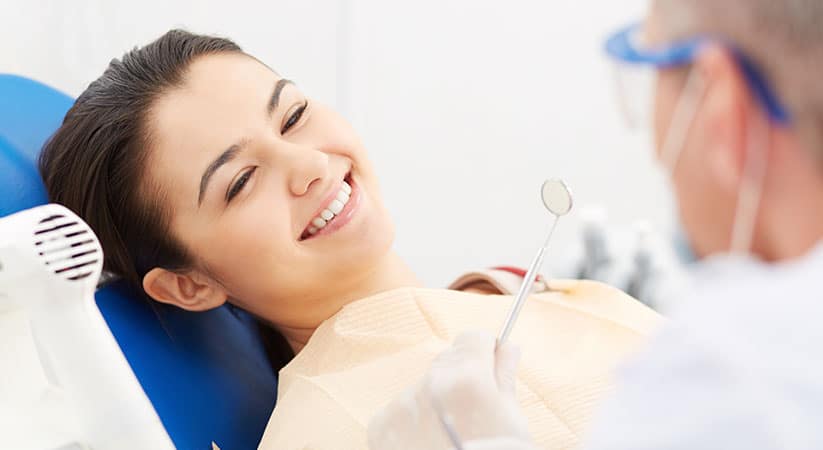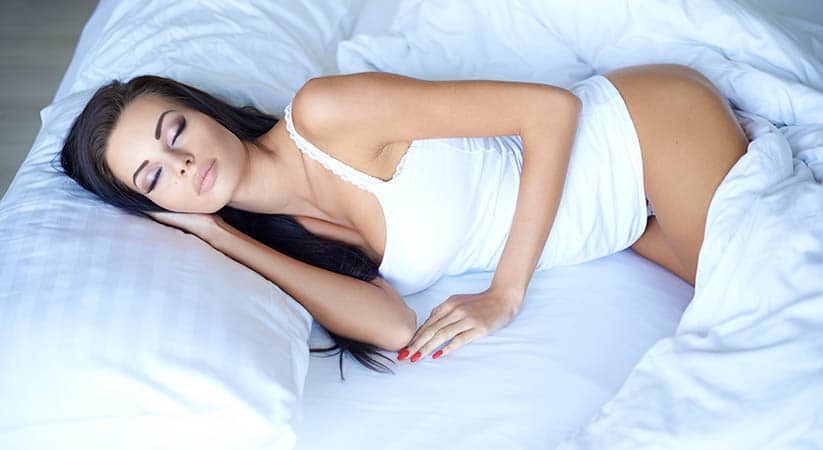Some of you get relief from the oppressive heat of summer during the monsoon season. But for many individuals, the monsoon season also brings with it other things. Along with that, it introduces a host of allergies that some individuals may find quite bothersome. People frequently need the assistance of an allergy specialist to deal with this.
Monsoon allergies are frequently disregarded, even though people typically take great efforts to avoid diseases like malaria. It is crucial to take all reasonable precautions to prevent developing health issues related to monsoon allergies. It’s necessary to understand the many sorts of allergies that are associated with monsoons before we can learn how to prevent them.
Common monsoon allergy kinds
These are all the typical monsoon allergies you should be aware of.
Acne and Eczema
This allergy doesn’t really appear to be seriously life-threatening. Which may also be the reason why many people disregard it. Eczema and acne, however, can have catastrophic consequences if not untreated for a long time. This isn’t meant to frighten you; rather, it’s meant to highlight how crucial it is to manage these allergies.
You must first and foremost see a dermatologist if you have this kind of monsoon allergy. They will direct you and provide the appropriate medical care you need to address your allergy. Instead of obtaining treatment for their acne, many people prefer to hide it. You should probably not be acting in this manner. It is important to locate a suitable cure for your ailment.
Skin Intolerance
You are more prone to develop a skin allergy if you reside in an area with significant pollution. This is particularly true during monsoon season. The monsoon season causes a lot of individuals to develop skin allergies. These allergies often manifest as symptoms on the hands, feet, back, or any other air-exposed body part.
This is so because allergens like dust, pollen, and other things cause these allergies to flare up. According to medical professionals, antihistamines can be used to treat this sort of allergy. When an allergen is present, the body releases a compound called histamine. Antihistamines aid in combating and reducing the body’s production of histamines, which regulates allergy-related symptoms.
However, before doing anything on your own, it is recommended to speak with a doctor. Your doctor is better equipped to assess your situation and treat your allergies. Also, ask him about therapies and safety precautions for the future.
folliculitis of the face
The illness known as facial folliculitis causes the hair follicles to swell up. The hair breaks off as a result of this. The monsoon season is when this generally occurs. This is owing to the fact that it occurs as a result of a bacterial or fungi infection brought on by high humidity, dehydration, perspiration, etc.
If this allergy develops, a professional should be consulted and treated. Facial folliculitis is rather simple to avoid, though. By refraining from excessive perspiration, it can be averted. You may achieve it by remaining inside. Regular showers and staying hydrated can both aid in the prevention of this illness.
Hyperpigmentation
Skin redness is a skin disorder that results in dark spots of skin, as the term implies. The main reason for this is also the high humidity. Some people’s bodies manufacture melanocytes when their body is exposed to the sun directly, which results in hyperpigmentation.
Others experience this even during the monsoon season when their skin is not directly exposed to the sun. Your doctor may give medication or laser treatments to treat this.
Conclusion
The correct precautions may be taken to prevent monsoon allergies. Consider taking some preventative measures to avoid these allergies rather than moping about feeling sorry for yourself. Getting in touch with an allergy clinic as soon as possible is a crucial step!



